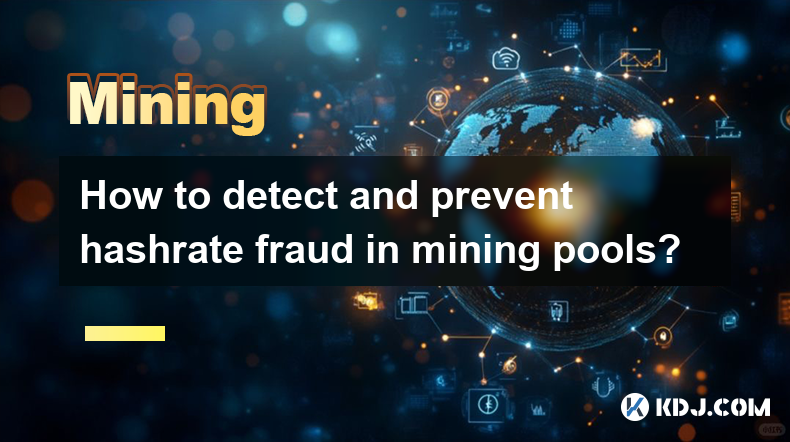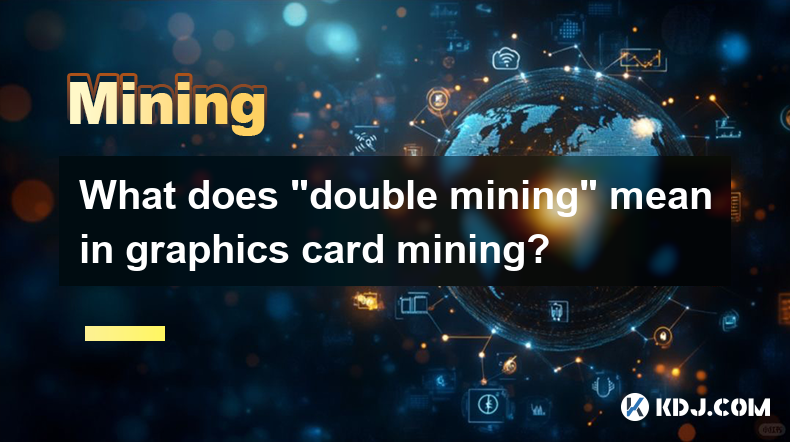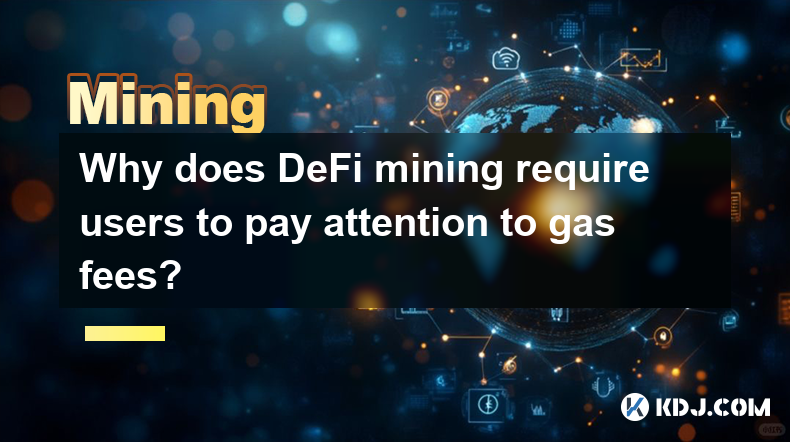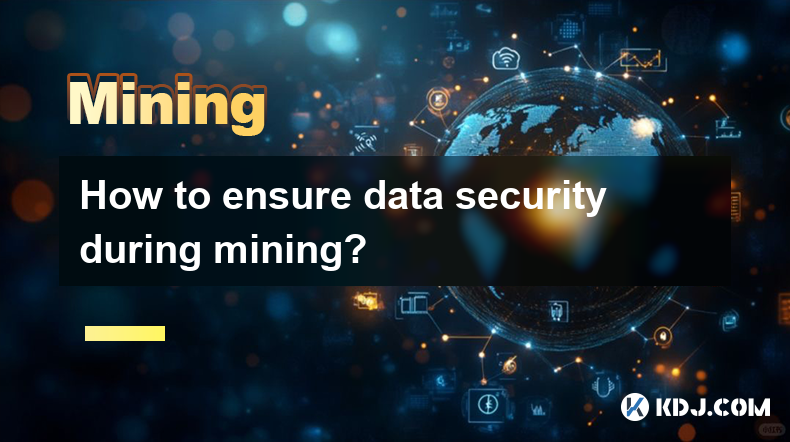-
 Bitcoin
Bitcoin $82,666.6102
-0.79% -
 Ethereum
Ethereum $1,784.7960
-1.02% -
 Tether USDt
Tether USDt $0.9996
0.02% -
 XRP
XRP $2.1257
-0.64% -
 BNB
BNB $592.3902
-0.42% -
 USDC
USDC $0.9999
0.02% -
 Solana
Solana $117.4685
-1.68% -
 Dogecoin
Dogecoin $0.1672
-1.55% -
 Cardano
Cardano $0.6486
-2.86% -
 TRON
TRON $0.2388
-0.62% -
 Chainlink
Chainlink $12.6264
-1.48% -
 UNUS SED LEO
UNUS SED LEO $8.9748
-4.45% -
 Toncoin
Toncoin $3.2369
-5.07% -
 Stellar
Stellar $0.2523
-3.16% -
 Avalanche
Avalanche $17.8476
-2.45% -
 Shiba Inu
Shiba Inu $0.0...01211
-1.64% -
 Sui
Sui $2.1892
-2.55% -
 Hedera
Hedera $0.1597
-3.77% -
 Litecoin
Litecoin $82.3531
-1.88% -
 Polkadot
Polkadot $3.9109
-4.55% -
 MANTRA
MANTRA $6.2589
-1.98% -
 Bitcoin Cash
Bitcoin Cash $297.7127
-1.02% -
 Dai
Dai $1.0001
0.04% -
 Bitget Token
Bitget Token $4.4351
-2.15% -
 Ethena USDe
Ethena USDe $0.9991
-0.03% -
 Pi
Pi $0.6450
21.59% -
 Monero
Monero $216.0365
0.55% -
 Hyperliquid
Hyperliquid $11.4792
-0.63% -
 Uniswap
Uniswap $5.8107
-0.91% -
 OKB
OKB $50.4811
4.99%
How to detect and prevent hashrate fraud in mining pools?
Hashrate fraud in mining pools involves deceptive practices to inflate reported hashrate, leading to unfair reward distribution; detection requires technical analysis and monitoring.
Apr 01, 2025 at 06:07 pm

Understanding Hashrate Fraud in Mining Pools
Hashrate fraud, in the context of cryptocurrency mining pools, refers to deceptive practices employed by either the pool operator or individual miners to falsely inflate their reported hashrate. This manipulation can lead to unfair distribution of mining rewards, causing legitimate miners to receive less than their fair share. Understanding the mechanics of hashrate reporting and the various ways fraud can be perpetrated is crucial for both pool operators and miners. The consequences of undetected fraud can be severe, leading to financial losses and damage to trust within the mining community.
Detecting Hashrate Fraud: Methods and Tools
Detecting hashrate fraud requires a multi-faceted approach, combining technical analysis with a keen eye for inconsistencies. One common method involves comparing the reported hashrate of a pool with its actual block contribution. A significant discrepancy between the two could indicate fraudulent activity. Analyzing the pool's historical data, looking for sudden and unexplained jumps or drops in reported hashrate, can also be revealing. Independent monitoring services that track pool performance and hashrate can provide valuable insights, offering a third-party perspective on pool behavior.
Analyzing Pool Performance Metrics
Several key metrics can help in detecting potential fraud. Pool luck is a crucial indicator; consistently high luck suggests potential manipulation. Payout consistency should also be scrutinized. Inconsistent payouts, especially when the reported hashrate remains stable, raise suspicion. Transparency is paramount; a pool that is opaque about its operations and data is a red flag. Furthermore, examining the pool's server infrastructure and location can provide clues, as geographically dispersed servers can make fraud more difficult to perpetrate.
Investigating Discrepancies in Reported Hashrate
A discrepancy between the reported hashrate and the actual block discovery rate is a major red flag. Statistical analysis can help determine if the observed deviations are within acceptable statistical ranges or indicate fraudulent manipulation. This involves employing statistical tests to assess the probability of the observed discrepancies occurring randomly. If the probability is extremely low, it strengthens the suspicion of fraudulent activity. Furthermore, comparing the pool's reported hashrate with the hashrate reported by other pools can provide valuable context and help identify inconsistencies.
Preventing Hashrate Fraud: Best Practices for Miners
Miners can take several steps to protect themselves from hashrate fraud. Diversifying your mining operations across multiple pools is a crucial preventative measure. This reduces your reliance on any single pool and mitigates the impact of potential fraud on any one pool. Regularly monitoring your earnings and comparing them to your expected returns based on your hashrate contribution is essential. Any significant deviation warrants further investigation. Choosing reputable and transparent pools with a proven track record is also critical. Thoroughly researching a pool's history and reputation before joining is vital.
Preventing Hashrate Fraud: Best Practices for Pool Operators
Pool operators play a critical role in preventing hashrate fraud. Maintaining transparency in their operations, including openly publishing their hashrate data and payout calculations, builds trust and deters fraudulent activities. Implementing robust security measures to prevent unauthorized access and manipulation of their systems is crucial. Regular audits and independent verification of their hashrate data can further enhance credibility and detect potential irregularities. Employing advanced monitoring and detection systems can help identify suspicious activity in real-time.
Utilizing Blockchain Analysis Tools
Blockchain analysis tools can play a significant role in detecting hashrate fraud. These tools can analyze blockchain data to identify patterns and anomalies that may indicate fraudulent activity. By tracking the distribution of mining rewards and comparing it to the reported hashrate, inconsistencies can be identified. Analyzing the timestamps of block submissions can also help detect unusual patterns that might indicate manipulation. However, it is important to note that these tools require expertise and careful interpretation of the results.
The Role of Community Monitoring and Reporting
The cryptocurrency community plays a vital role in detecting and preventing hashrate fraud. Open communication and information sharing among miners and pool operators can help identify suspicious activities. Reporting suspected fraud to relevant authorities and online forums can raise awareness and prompt investigations. Community-driven initiatives that focus on monitoring pool performance and identifying potential fraud can be highly effective. This collaborative approach helps maintain the integrity and trust within the cryptocurrency mining ecosystem.
Legal and Regulatory Considerations
Hashrate fraud can have serious legal ramifications. Depending on the jurisdiction, it could constitute fraud, theft, or other criminal offenses. Understanding the relevant laws and regulations is crucial for both miners and pool operators. Seeking legal advice if you suspect or are involved in hashrate fraud is recommended. Regulatory bodies are increasingly focusing on the cryptocurrency space, and their involvement could further impact how hashrate fraud is addressed.
The Future of Hashrate Fraud Prevention
The fight against hashrate fraud is an ongoing process. As technology evolves, so do the methods used to perpetrate and detect fraud. The development of more sophisticated detection tools and techniques is crucial. Improved transparency and standardization in the mining industry can help create a more secure and trustworthy environment. Continued collaboration between miners, pool operators, and regulatory bodies is essential to effectively address this challenge.
Frequently Asked Questions
Q: What are the common signs of hashrate fraud?
A: Common signs include inconsistent payouts, unusually high pool luck, discrepancies between reported and actual hashrate, and lack of transparency from the pool operator.
Q: How can I choose a trustworthy mining pool?
A: Research the pool's reputation, look for transparency in their operations and data, and consider diversifying across multiple pools.
Q: What legal recourse do I have if I'm a victim of hashrate fraud?
A: Legal recourse depends on your jurisdiction. Consult with a legal professional specializing in cryptocurrency law.
Q: Can blockchain analysis tools definitively prove hashrate fraud?
A: Blockchain analysis can reveal suspicious patterns, but it doesn't definitively prove fraud. Further investigation and evidence are often required.
Q: What is the role of community monitoring in preventing hashrate fraud?
A: Community monitoring helps identify suspicious activity early on and promotes transparency and accountability within the mining ecosystem.
Disclaimer:info@kdj.com
The information provided is not trading advice. kdj.com does not assume any responsibility for any investments made based on the information provided in this article. Cryptocurrencies are highly volatile and it is highly recommended that you invest with caution after thorough research!
If you believe that the content used on this website infringes your copyright, please contact us immediately (info@kdj.com) and we will delete it promptly.
- These Dogecoin Levels Stand Out In Terms Of On-Chain Resistance
- 2025-04-05 23:20:12
- Mastercard Expands Blockchain Integration with New Digital Asset Initiatives
- 2025-04-05 23:20:12
- Digital Asset Global Competition and Korea's Strategy Forum Held
- 2025-04-05 23:15:12
- BTC Bull Token (BTCBULL) Completes Its Presale Raising $4.3M From Investors
- 2025-04-05 23:15:12
- Decoding the Digital Tapestry of the BNBUSD Trading Pair
- 2025-04-05 23:10:12
- Multi-Token Attention (MTA) Enables Efficient Retrieval of Contextual Information
- 2025-04-05 23:10:12
Related knowledge

What does "double mining" mean in graphics card mining?
Apr 04,2025 at 08:35pm
In the world of cryptocurrency, the term 'double mining' refers to a specific technique used in graphics card mining to maximize the efficiency and profitability of mining operations. This method involves simultaneously mining two different cryptocurrencies using the same graphics card. The concept of double mining has gained popularity among miners who...

Why does DeFi mining require users to pay attention to gas fees?
Apr 05,2025 at 10:28am
DeFi mining has become a popular way for users to earn passive income in the cryptocurrency space. However, one aspect that users must pay close attention to is gas fees. Gas fees are transaction fees on the Ethereum network, and they play a crucial role in the DeFi mining process. Understanding why gas fees are important and how they affect DeFi mining...

What is the market prospect of CPU mining currency?
Apr 04,2025 at 09:14am
The concept of CPU mining currency has gained traction in the cryptocurrency community due to its accessibility and potential for decentralization. Unlike GPU or ASIC mining, which often requires significant investment in specialized hardware, CPU mining can be performed using standard computer processors. This makes it an attractive option for individu...

What are the recommendations for mining software for CPU mining currency?
Apr 05,2025 at 05:49pm
CPU mining, while less efficient than GPU or ASIC mining, can still be a viable option for mining certain cryptocurrencies. This article will explore the best software options available for CPU mining, providing detailed recommendations and insights into their features and performance. Understanding CPU MiningCPU mining involves using a computer's centr...

How to ensure data security during mining?
Apr 05,2025 at 08:28am
Ensuring data security during mining is crucial, as miners handle sensitive information and perform transactions that need to be protected against unauthorized access and cyber threats. This article will delve into various strategies and best practices to secure data during the mining process, focusing on the cryptocurrency sphere. Understanding the Ris...

How do mining equipment for Dogecoin mining deal with hardware failures?
Apr 03,2025 at 09:15am
Dogecoin mining, like other forms of cryptocurrency mining, relies heavily on specialized hardware to perform the necessary computations to mine new coins. However, as with any technology, mining equipment can encounter hardware failures. This article will explore how mining equipment for Dogecoin mining deals with such failures, covering various aspect...

What does "double mining" mean in graphics card mining?
Apr 04,2025 at 08:35pm
In the world of cryptocurrency, the term 'double mining' refers to a specific technique used in graphics card mining to maximize the efficiency and profitability of mining operations. This method involves simultaneously mining two different cryptocurrencies using the same graphics card. The concept of double mining has gained popularity among miners who...

Why does DeFi mining require users to pay attention to gas fees?
Apr 05,2025 at 10:28am
DeFi mining has become a popular way for users to earn passive income in the cryptocurrency space. However, one aspect that users must pay close attention to is gas fees. Gas fees are transaction fees on the Ethereum network, and they play a crucial role in the DeFi mining process. Understanding why gas fees are important and how they affect DeFi mining...

What is the market prospect of CPU mining currency?
Apr 04,2025 at 09:14am
The concept of CPU mining currency has gained traction in the cryptocurrency community due to its accessibility and potential for decentralization. Unlike GPU or ASIC mining, which often requires significant investment in specialized hardware, CPU mining can be performed using standard computer processors. This makes it an attractive option for individu...

What are the recommendations for mining software for CPU mining currency?
Apr 05,2025 at 05:49pm
CPU mining, while less efficient than GPU or ASIC mining, can still be a viable option for mining certain cryptocurrencies. This article will explore the best software options available for CPU mining, providing detailed recommendations and insights into their features and performance. Understanding CPU MiningCPU mining involves using a computer's centr...

How to ensure data security during mining?
Apr 05,2025 at 08:28am
Ensuring data security during mining is crucial, as miners handle sensitive information and perform transactions that need to be protected against unauthorized access and cyber threats. This article will delve into various strategies and best practices to secure data during the mining process, focusing on the cryptocurrency sphere. Understanding the Ris...

How do mining equipment for Dogecoin mining deal with hardware failures?
Apr 03,2025 at 09:15am
Dogecoin mining, like other forms of cryptocurrency mining, relies heavily on specialized hardware to perform the necessary computations to mine new coins. However, as with any technology, mining equipment can encounter hardware failures. This article will explore how mining equipment for Dogecoin mining deals with such failures, covering various aspect...
See all articles




















































































